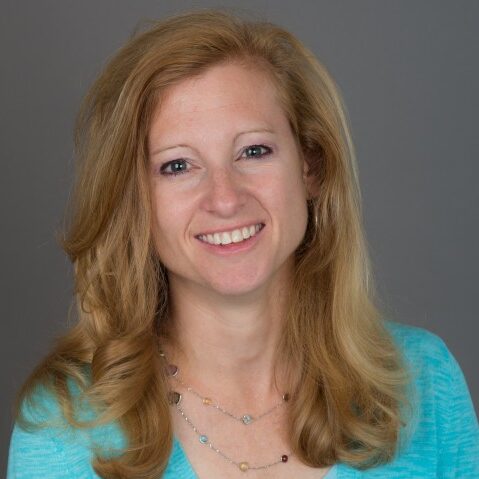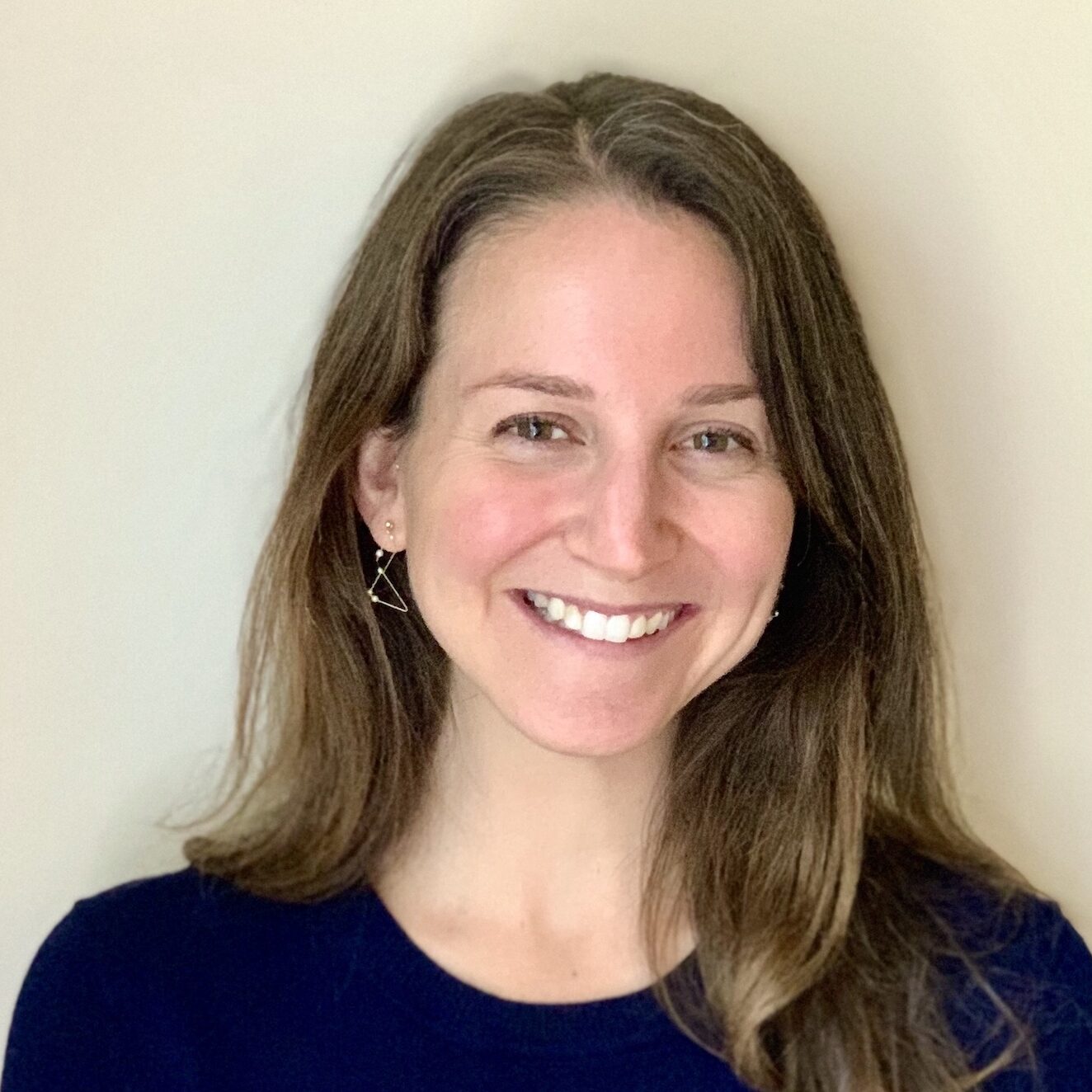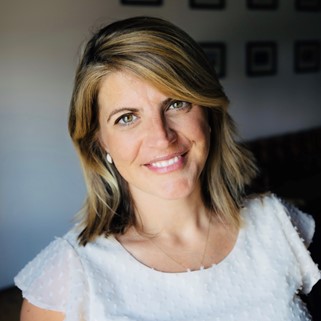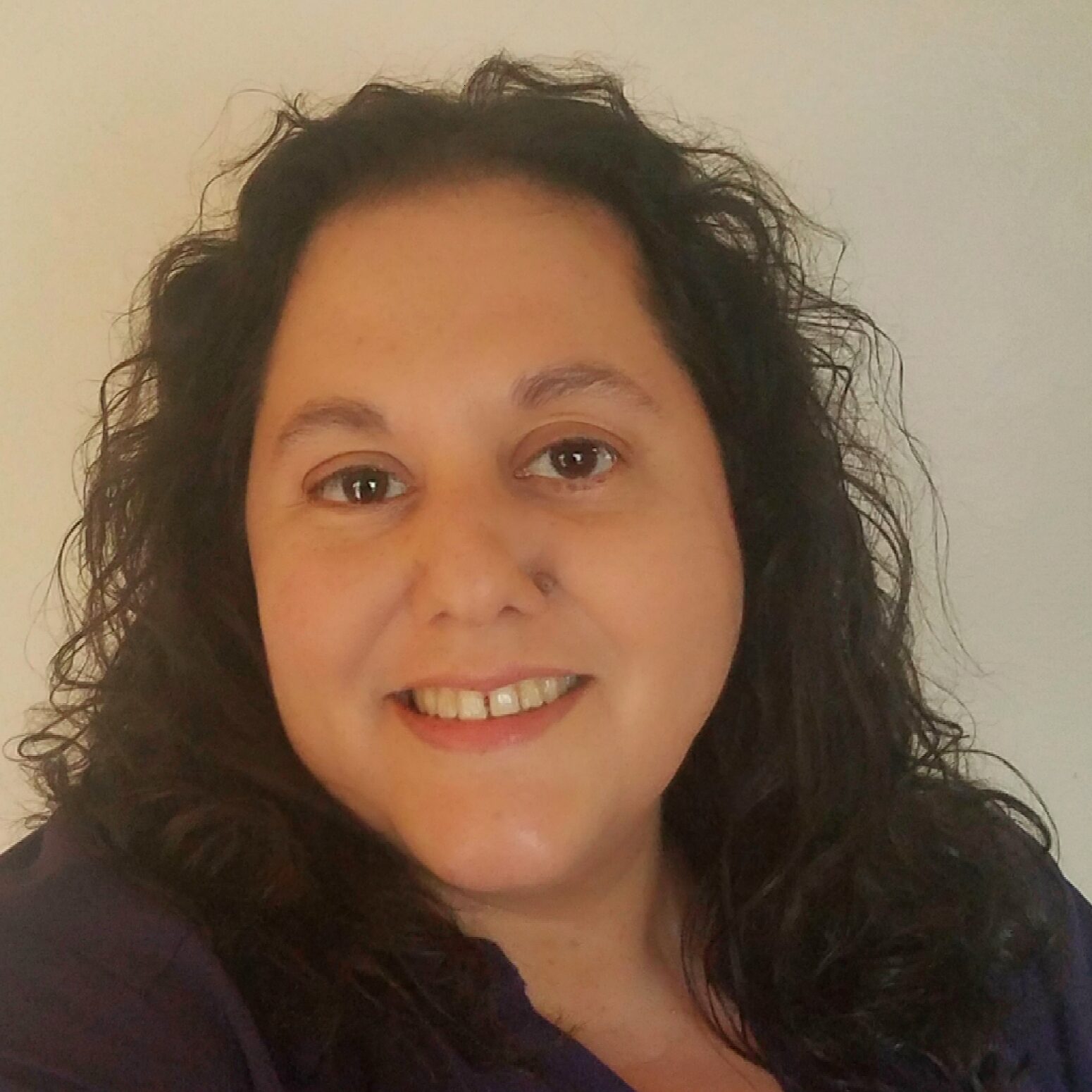
- This event has passed.
New Jersey Tutoring Corps: Lessons in Accelerating Learning Recovery
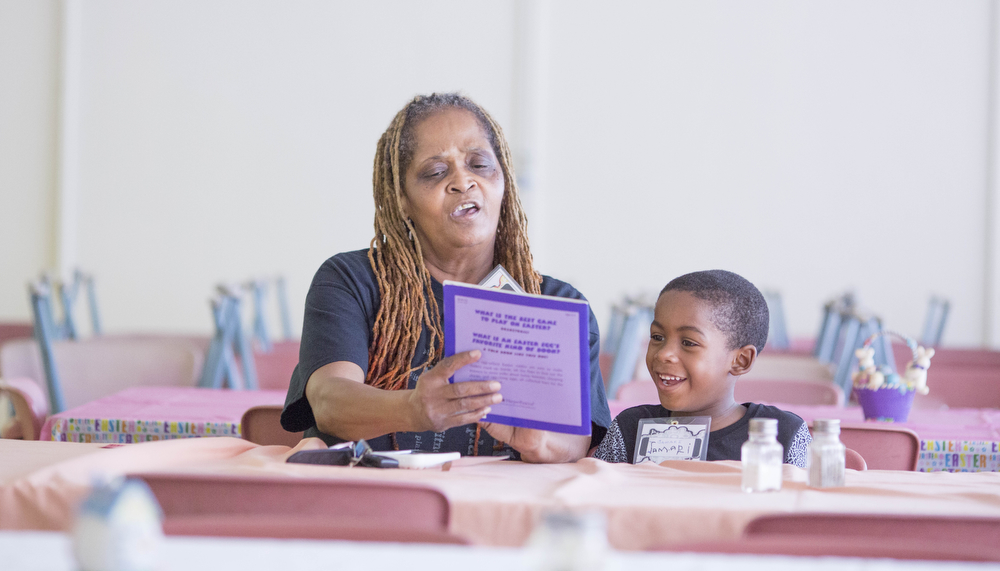
Details
- Channel:
-

- Series:
- Funder-to-Funder Conversation
- Date:
- October 19, 2021
- Time:
-
12:00 pm - 2:30 pm
- Event Categories:
- Funder-to-Funder Conversation, Learning Loss, Past Event, Reading & Math, Summer Slide
- Event Tags:
- Early MathPhilanthropyTutoring
- Resources:
- Webinar Slide DeckPanelist Bios
“I love math,” said a pre-K scholar in one New Jersey Tutoring Corps site, while another shared, “I’m going to be a math teacher when I grow up.”
These two student quotes were shared during the October 19, 2021 GLR Learning Tuesdays Funder-to-Funder Conversation, New Jersey Tutoring Corps: Lessons in Accelerating Learning Recovery. In this session, which was co-sponsored by Overdeck Family Foundation — a lead investor in New Jersey Tutoring Corps, the partners behind this statewide tutoring effort shared how they came together to support equitable learning recovery in response to the pandemic, what they are learning and what is next for their partnership. The New Jersey panelists were joined by philanthropic leaders from across the country who offered insights from their efforts to launch, scale and sustain research-informed, high-dosage, small-group tutoring programs.
Laura Overdeck of Bedtime Math and Overdeck Family Foundation, Katherine Bassett of New Jersey Tutoring Corps/The College of New Jersey and Cari Tarica of Boys & Girls Clubs in New Jersey shared how they worked together to embed a math-focused tutoring program in 23 summer program sites during the summer of 2021, reaching approximately 2,000 scholars in pre-K through grade 4. They described the process for tutor training and recruitment, the support provided by coaching staff, and the hands-on, project-based curriculum before explaining the academic and non-academic benefits of the program. Having seen significant gains in pre- and post-assessments, they shared plans to expand the program into more communities during the 2021-2022 school year, adding literacy as an additional subject area. They were joined by Melissa Litwin of The Henry & Marilyn Taub Foundation in Paterson, New Jersey, who described how she had partnered with a local Boys & Girls Club pre-COVID to create a tutoring program as a part of the Paterson Reads Campaign and how that program is now linking up with the larger statewide network.
Philanthropic leaders from three other states joined the conversation to describe the tutoring efforts in their states. Jayme Simmons of The Bill and Crissy Haslam Foundation described how she helped to launch the Tennessee Tutoring Corps in the summer of 2020, using a similar model that integrates tutoring into Boys & Girls Clubs and YMCA programs. Building on the success of this effort, the state legislature acted to invest in statewide high-dosage tutoring this spring.
Emily Baron described the entrepreneurial approach that Gary Community Ventures is taking to launch its own tutoring program and embed that into existing afterschool programs at partner schools in Colorado. With a focus on continuous improvement, they are testing strategies to bridge the information gap between tutors, families and teachers to ensure their efforts to support students are aligned and effective.
While not a funder of high-dosage tutoring programs, the Barksdale Reading Institute has invested heavily in literacy-focused teacher training and coaching in Mississippi, leading the state to adopt this approach. Kelly Butler from Barksdale described MiSsion Acceleration, the new state-funded tutoring program being piloted by the Center for Excellence in Literacy Instruction at the University of Mississippi to support learning recovery.
Even before the pandemic, a large body of research affirmed the benefits of high-dosage, small-group tutoring as a strategy for closing gaps and boosting early school success. The panelists agreed that the programs described in this session must play a role in accelerating equitable learning recovery post-pandemic and for years to come.
Panel
